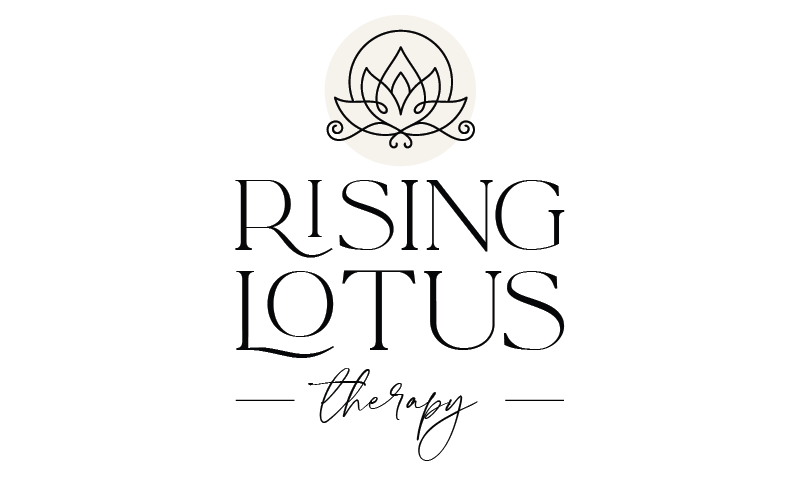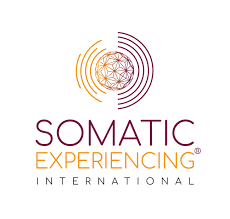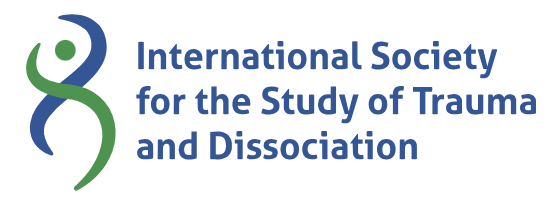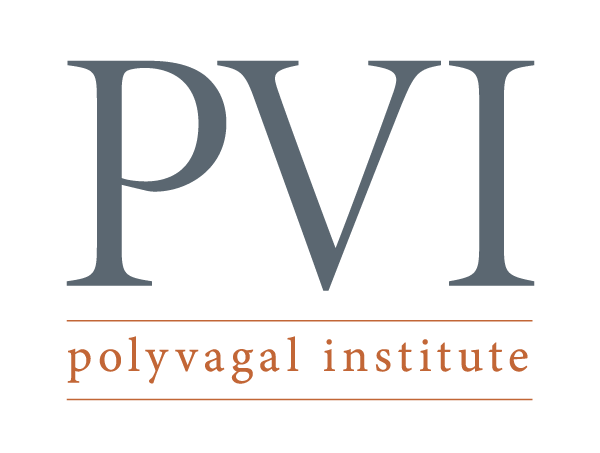now offering
EMDR Intensives
What is an EMDR intensive?
An EMDR intensive is a 2-4 day experience that is highly focused and time dedicated to your healing and goals for the intensive. An intensive is beneficial for an individual who is seeking a faster alternative to weekly EMDR therapy sessions that span weeks or months, and would instead like to work towards their healing or goals in a shorter time span.
The goal of an intensive is to be highly focused and concentrated on a specific area of your healing. The
An EMDR Intensive is generally a daily 4 – 6 hour session for 2 – 4 consecutive days. The advantage to this timespan is that rather than spreading out your sessions over weeks and months, you can work through many issues in a compressed time period and find healing and relief. Intensives are a very ‘intensive’ experience, and require bringing a lot to the surface of our awareness, but the healing that comes from doing this work in a focused environment has a lasting and life changing impact.

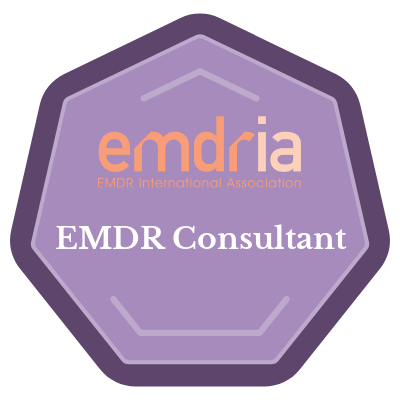
MORE ABOUT EMDR
“EMDR therapy does not require talking in detail about the distressing issue or completing homework between sessions. EMDR therapy, rather than focusing on changing the emotions, thoughts, or behaviors resulting from the distressing issue, allows the brain to resume its natural healing process.” – emdria.org
EMDR
EMDR is a mental health therapy method that stands for eye movement desensitization and reprocessing. This technique’s role is in treating complex trauma or PTSD, and is useful for processing other traumatic memories as well. EMDR therapy was developed to help facilitate the healing of traumatic memories that are stored in our brains and causing distress.
Who can benefit from EMDR Intensives?
Many individuals can benefit from EMDR therapy. EMDR intensives can be used to address a wide range of challenges such as: anxiety, panic attacks, depression, dissociative disorders, eating disorders, grief and loss, pain, PTSD, trauma and stress-related issues, addictions, unresolved trauma, and more.
FAQ’s for EMDR Intensives

Why do an EMDR intensive instead of weekly sessions?
Choosing an EMDR intensive over traditional weekly sessions can offer several benefits, depending on an individual’s circumstances and treatment goals. Intensives involve longer, more concentrated therapy sessions over a shorter period—often a few days to a week. This format can be particularly advantageous for those looking to make significant progress in a condensed timeframe, such as individuals facing acute stress, those with limited availability, or anyone preferring to immerse themselves in the therapeutic process without the interruptions of daily life. Intensives allow for deeper engagement with the therapeutic material and can accelerate the processing of traumatic memories, leading to quicker relief from symptoms. However, the choice between intensives and weekly sessions should be made in consultation with a qualified EMDR therapist, taking into account personal needs, therapeutic goals, and lifestyle considerations.
More About EMDR Therapy
EMDR (Eye Movement Desensitization and Reprocessing) therapy is a highly effective psychotherapy technique recognized for its efficacy in treating trauma and other psychological stressors. Developed by Dr. Francine Shapiro in the late 1980s, EMDR therapy is based on the premise that psychological distress is often due to unprocessed memories of traumatic events. It utilizes bilateral sensory input, such as side-to-side eye movements, to stimulate the brain’s information processing system, facilitating the resumption of natural healing processes. This approach helps individuals process and integrate traumatic memories, leading to a reduction in psychological distress and an enhancement in mental health and well-being.
EMDR therapy is beneficial for a wide range of individuals experiencing psychological distress, primarily those with trauma-related issues. This includes people with PTSD (Post-Traumatic Stress Disorder), anxiety, depression, and those who have experienced adverse life events such as accidents, natural disasters, loss, and personal assaults. Additionally, EMDR has been adapted to help with performance anxiety, attachment disorders, and other stress-related conditions. It’s suitable for adults and children, offering a path to healing by addressing the root causes of their distress.


EMDR Intensive Interest Form
"*" indicates required fields

